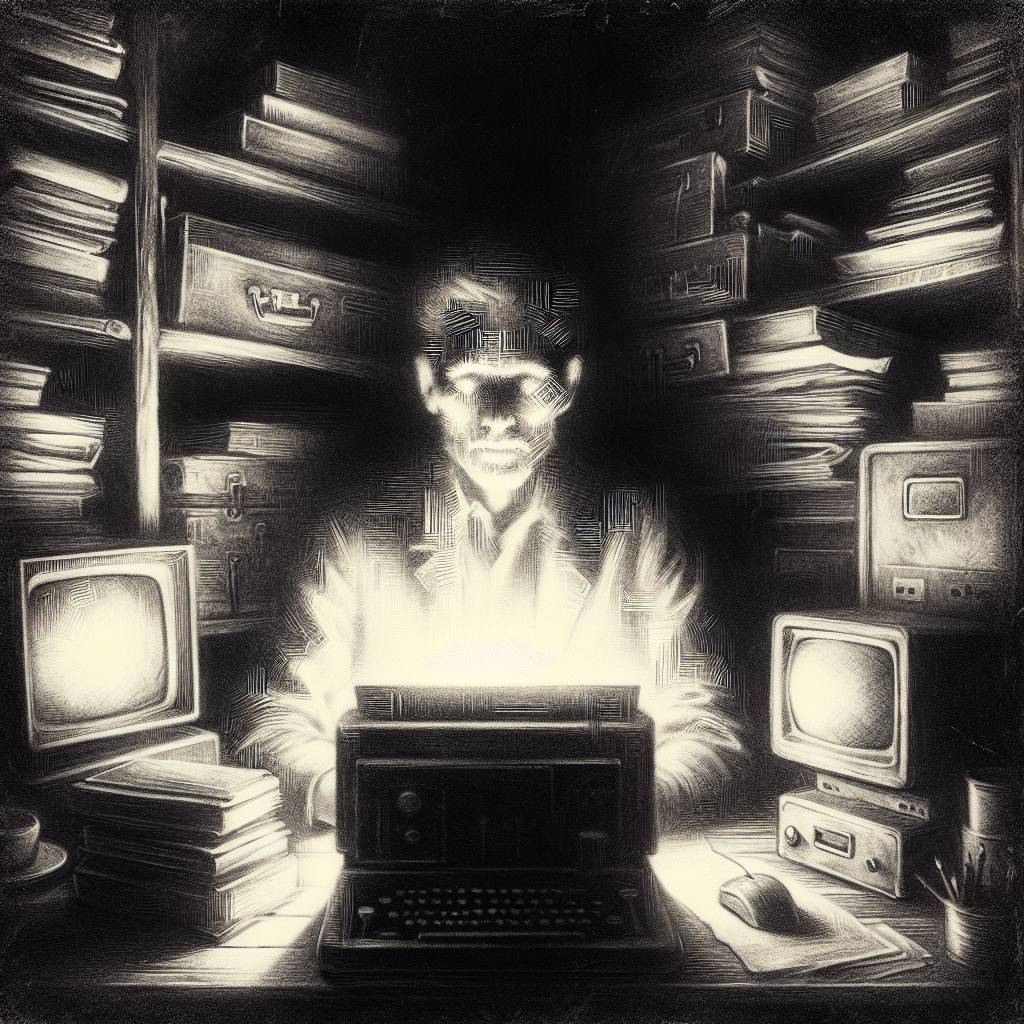Hacker or Human? Exploring the Academic Take on Our Inner Mischief Makers
Are you a hacker? McKenzie Wark would argue yes, but not the kind that makes headlines. Hacking is more about creativity and play than breaking into computers. It’s a universal human trait, says Wark, whose academic view sees hackers as the creators of information battling to liberate their creativity.

Hot Take:
Hackers are just modern-day playful philosophers with a knack for code and a dash of moral ambiguity. Whether they’re crafting cyber masterpieces or just toying with the rulebook for kicks, it turns out we’re all hackers at heart. So next time you’re playing Candy Crush, remember: you’re just one step away from being the next digital Da Vinci.
Key Points:
- The term “hacker” transcends the criminal media stereotype and extends to all creative endeavors.
- McKenzie Wark’s perspective on hacking is rooted in the concept of “Play,” as explored by Johan Huizinga.
- Curiosity, rather than malice, often drives hacking, with historical examples like the Cap’n Crunch hack.
- Morality in hacking is viewed more as adherence to game rules than a moral compass.
- Neurodiversity offers a unique perspective on hacking, highlighting the safe, rule-bound environment of computing for those on the autism spectrum.
Already a member? Log in here
